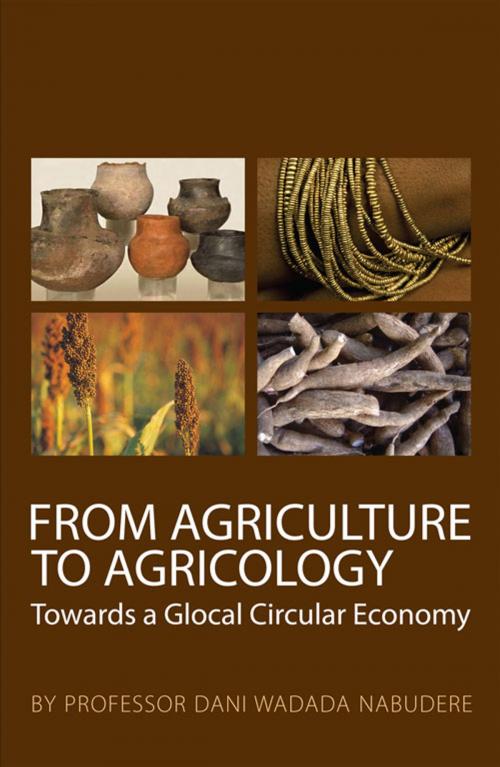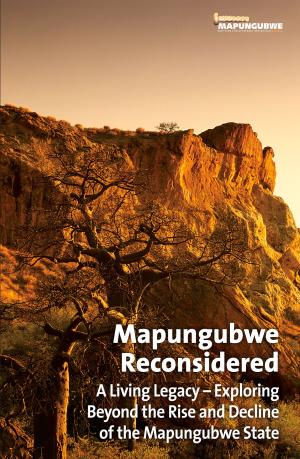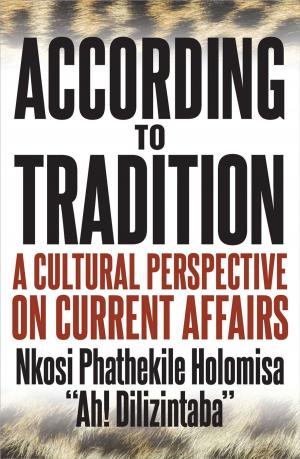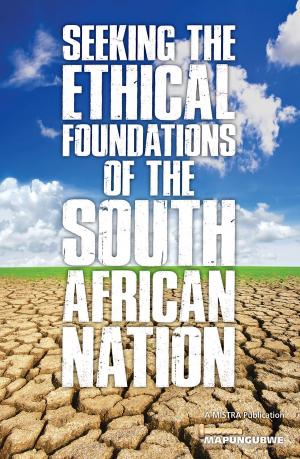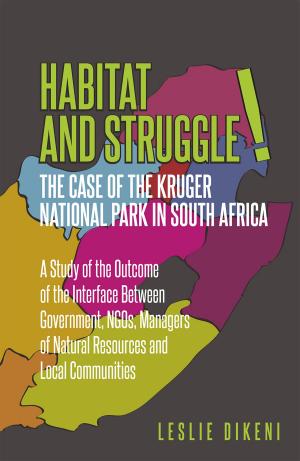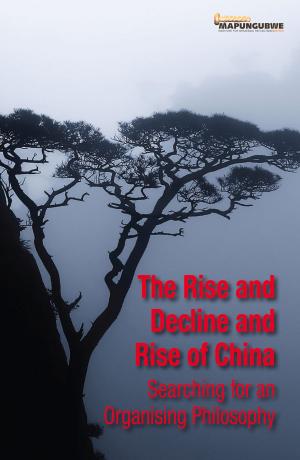From Agriculture to Agricology
Towards a Glocal Circular Economy
Nonfiction, Social & Cultural Studies, Social Science, Cultural Studies, African-American Studies| Author: | Professor Dani Wadada Nabudere | ISBN: | 9781920655310 |
| Publisher: | Real African Publishers | Publication: | July 1, 2013 |
| Imprint: | Real African Publishers | Language: | English |
| Author: | Professor Dani Wadada Nabudere |
| ISBN: | 9781920655310 |
| Publisher: | Real African Publishers |
| Publication: | July 1, 2013 |
| Imprint: | Real African Publishers |
| Language: | English |
In this meditation, respected Ugandan academic Dani Wadada Nabudere traces the roots of the global economic crisis and warns of the threat that the decline of Western nations poses to the African continent—the final frontier for those in search of new lands and resources to exploit. As a deterrent to what he sees as the encroachment of super-profiteers looking to Africa for the land to increase their profits in industrial agriculture, Nabudere advocates for what he terms “community sites of knowledge,” that is, the use of indigenous tools and knowledge to revitalize the lives of Africa’s people. The book puts forth the belief that any dependence on imported knowledge and material instruments will only lead to the entrenchment of colonial stereotypes, and that indigenous knowledge is imbued with the roots of “complex ecosystems” that require the inputs of a diversity of expertise and experiences and that are capable of producing the knowledge necessary for the residents of the African continent to reclaim the future.
In this meditation, respected Ugandan academic Dani Wadada Nabudere traces the roots of the global economic crisis and warns of the threat that the decline of Western nations poses to the African continent—the final frontier for those in search of new lands and resources to exploit. As a deterrent to what he sees as the encroachment of super-profiteers looking to Africa for the land to increase their profits in industrial agriculture, Nabudere advocates for what he terms “community sites of knowledge,” that is, the use of indigenous tools and knowledge to revitalize the lives of Africa’s people. The book puts forth the belief that any dependence on imported knowledge and material instruments will only lead to the entrenchment of colonial stereotypes, and that indigenous knowledge is imbued with the roots of “complex ecosystems” that require the inputs of a diversity of expertise and experiences and that are capable of producing the knowledge necessary for the residents of the African continent to reclaim the future.
